When I was 15 years old, I was violently raped by a grown man with a knife in a bathroom in a Sydney McDonalds. I thought I would die that night. I really did.
But I didn’t die. I smashed a bottle over a toilet bowl to startle my attacker and I unlatched the door of the bathroom stall and ran away. I ran down several flights of stairs, outside the restaurant, to where my friends were looking for me.
That Saturday night, we’d been out at a truly awful karaoke bar for hours, and we’d gone to the MacDonalds across the road to get some food as the night wound down. While we were standing outside, a group of men started talking to my friends, distracting them. Another man grabbed my hand so hard I thought he might break it, and led me away. Under his grip, I froze.
After the attack, I put myself in a taxi as fast as I could and I went home. I did not tell my friends what had happened, and they never asked. Because we were children, and we didn’t know what else to do.
When I got home, I snuck into my house via a side entrance to my teenage room with an ensuite bathroom. I made sure my parents couldn’t hear me.
I ran the shower hot and stood underneath it for a period of time that wore on endlessly. I was bleeding onto the floor of the shower and watching the blood drain away, hoping I could erase the memory of the rape with it. But it doesn’t work like that.
I knew from the moment I was raped that I must never tell anyone what had happened to me. I didn’t think about it consciously, but I knew in my bones I had done something terribly wrong. I knew that I would be blamed, that I wouldn’t be believed, that I would be punished.
I knew from the moment I was raped that I must never tell anyone what had happened to me.
When I got out of the shower, I stared at myself in the mirror. I had bruises across my stomach from where my attacker had pushed and elbowed me, had held me against the wall. My first thought was, ‘How can I make sure no one sees these bruises?’ I knew they would take at least a week to heal.
At the time in my life, I was a very serious gymnast. I trained almost every day. I was in training for my second World Championships at the time of my rape.
I made an excuse to skip training for a week so the bruises on my stomach and ribs could heal. I waited for the muscles in my pelvis to stop screaming and tearing when I walked. I waited for the joints in my wrists to stop aching. And then I went back to life as usual. I told no-one. Not my parents. Not the police. Not my teachers. Not my friends. No-one.
I told no-one. Not my parents. Not the police. Not my teachers. Not my friends. No-one.
Eighteen months after my attack, I started having searing pains in my stomach and abdomen. They would come on unexpectedly but with such vigour, like a knife drawn through muscle. They became more frequent and I started collapsing from them. I started vomiting from the pain. I ended up in hospital again and again.
This triggered 10 years of emergency admissions, tests and surgeries to try and figure out what had happened to me. The truth of it was there all along, but I couldn’t see it. I couldn’t bear it.
I was eventually diagnosed with endometriosis and Crohn’s disease, both of which are, or could be, inflammatory diseases affecting the auto-immune system. Both often lead to chronic pain for the sufferer. Since 2009, I have been in pain just about every day. It never goes away for long.
Now I know that my chronic pain and my illnesses are intimately connected to my rape. Doctors believe that post-traumatic stress disorder can trigger auto-immune dysfunction and a range of illnesses including Crohn’s, endometriosis and fibromyalgia.
These disorders develop over years and years of untreated physical tension and pain. There is one word in that sentence that is doing more work than the others: untreated. All of the worst symptoms of post-traumatic stress disorder can be cured if they are addressed straight away – the long-term damage is done when we remain silent about what has happened to us.
All of my research into my origins of my illnesses and my pain ended up leading to the same conclusion: that I was damaged twice. Once by my rape, and once by the desperate need I felt to stay silent.
I was damaged twice. Once by my rape, and once by the desperate need I felt to stay silent.
This led me into years of researching the concept of shame – how and why we feel it, how it makes us sick, and the incalculable consequences it has. Here’s what I’ve learned…
Shame is the emotion that compels us to keep secrets. It is a strange category of emotion because it is almost never organic. It doesn’t respond to our internal beliefs about the world, but instead responds to societal expectations of us.
Shame is the feeling of punishment when we have broken a social rule or code. It is a construct. It is handed to us by others. It is crafted by the prejudices and biases of the world we live in. For women, those prejudices and biases are so numerous. When I was raped, I became the kind of woman who this happened to, and my shame about that fact kept me quiet for 10 years.
Contrasting shame with guilt is a useful way to illustrate this. Guilt is internally guided. It tells us we have done something that we, personally, believe is wrong, and need to make amends. Shame, on the other hand, tells us we have done something everything else will think is wrong, and the feeling overwhelms us and seeps into our entire identity.
As shame researcher Brene Brown explains: Guilt says “I made a mistake.” Shame says “I am a mistake.”
Guilt says ‘I made a mistake’. Shame says, ‘I am a mistake’.
Joseph Burgo, a clinical psychologist who has dedicated the best part of his career to researching shame, says the emotion arises from a four key experiences. One is feeling exposed, the fear of being seen. Another is unrequited attachment, love or affection. Another is failing to meet societal expectations, and another is the feeling of exclusion based on some inherent rottenness inside of us.
All of those experiences lead to shame, and shame leads us to keep secrets, and secrets lead to suffering and illness and pain.
The more I research shame, the more I am convinced it is one of our greatest enemies. If I had not been so ashamed of what happened to me – if I had not spent years internalising the idea that sexual assault is somehow the fault of the victim – I may not have two lifelong illnesses and debilitating, everyday pain.
It strikes me that a version of this story must be true for so many of us. How many parts of our lives would be easier, healthier and more joyful if we were not forced to feel ashamed?
All of this work led me to my most important question. Is there a solution? Yes.
We can’t change all the prejudices society holds against us. But we can still fight shame.
Silence is the oxygen of shame. Shame can only hurt us if we continue to keep secrets. Shame does its best work in darkness. So, the most effective thing we can do to fight shame is to speak up. To be honest about the things we are ashamed of. When faced with empathy – real, human connection that comes with being open and vulnerable – shame cannot survive.
Lucia Osbourne Crowley is the author of the memoir I Choose Elena.
Photo credit: Sarah Hickson.
If you or someone you know has experienced sexual assault, help is available. Please call or visit 1800 RESPECT.
Want to read more important stories about women? Sign up to PRIMER’s weekly newsletter here.




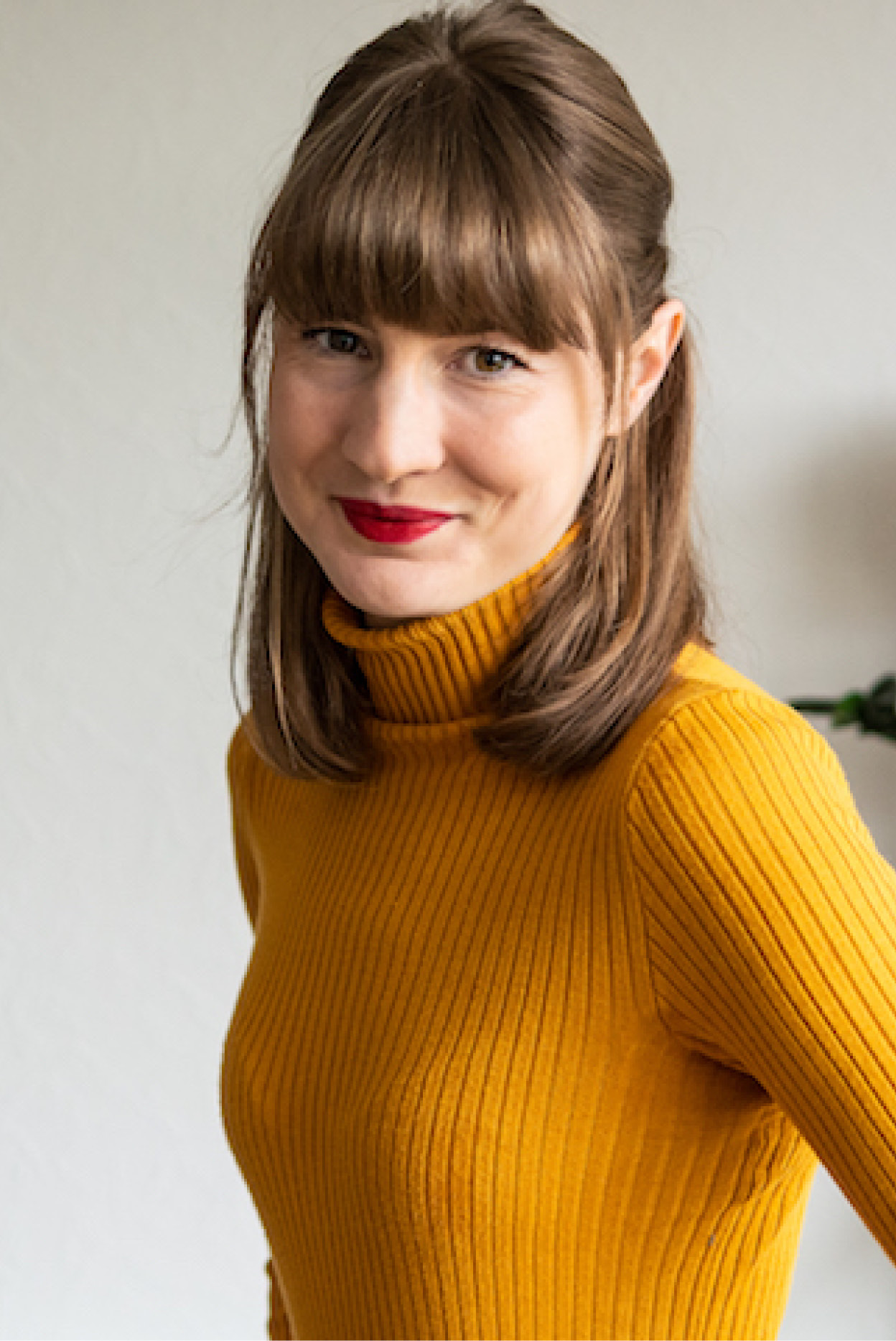
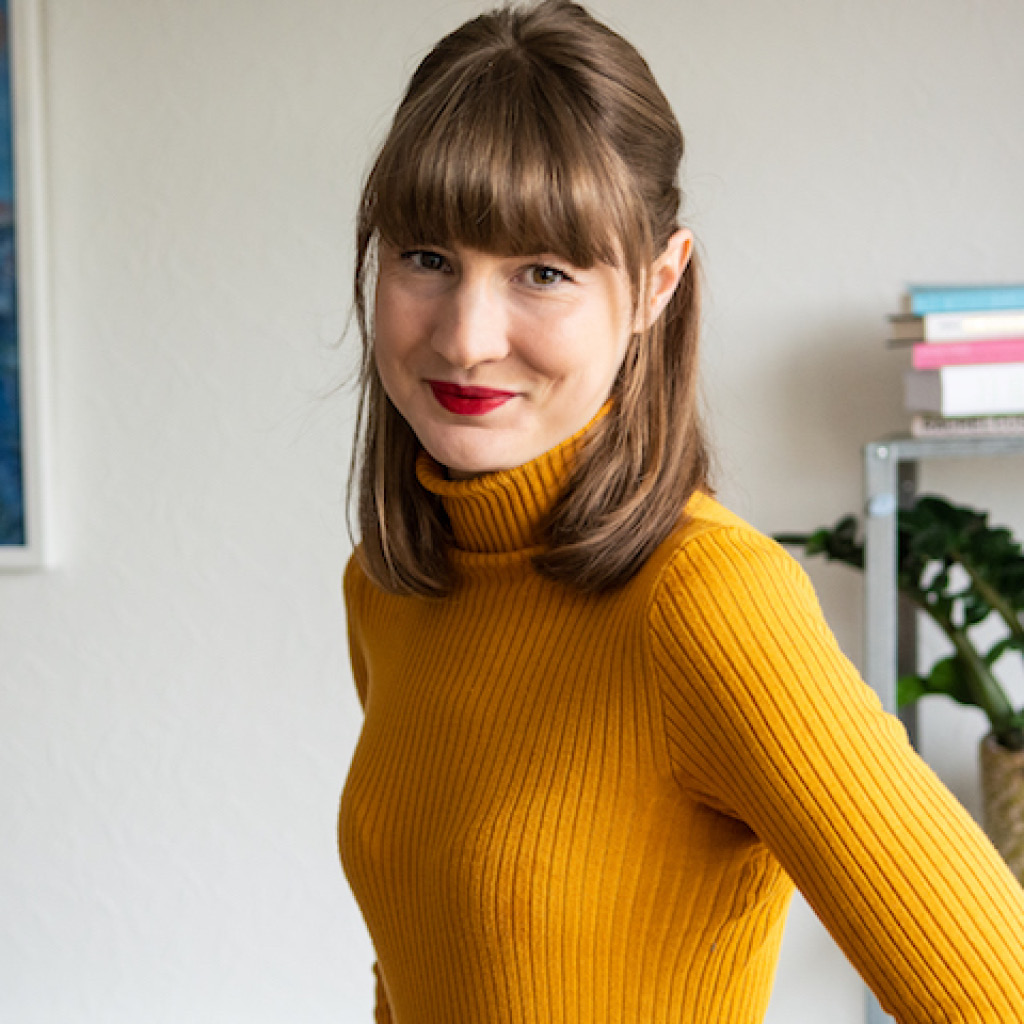

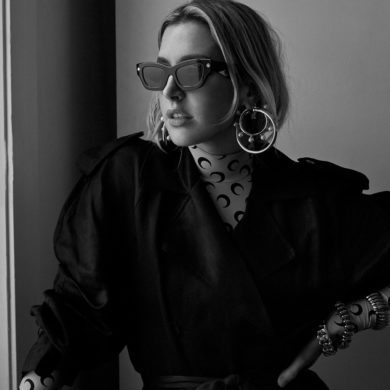
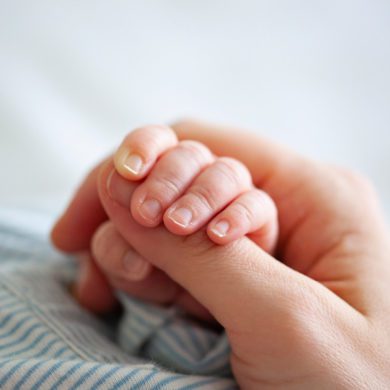
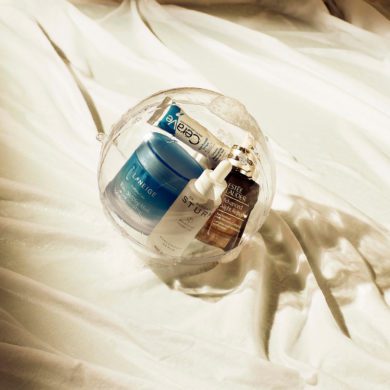
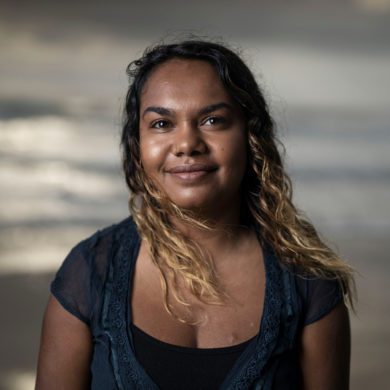

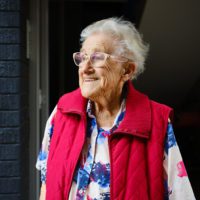
No Comments